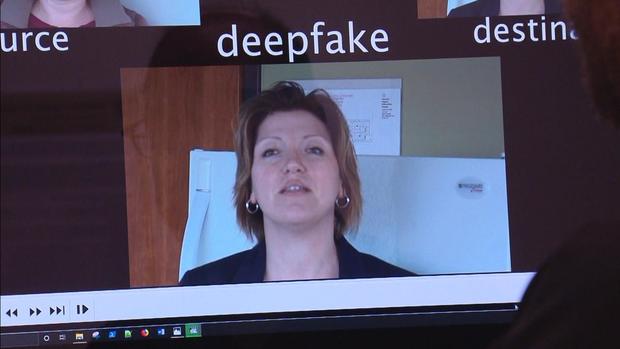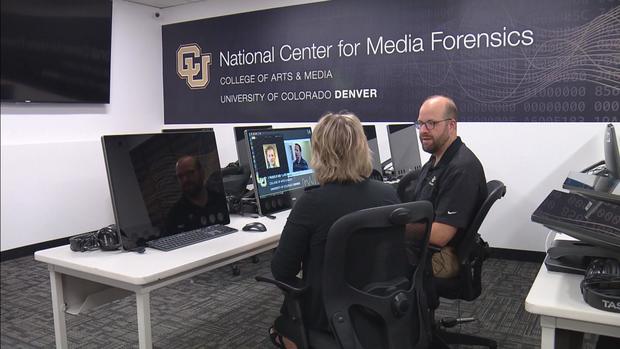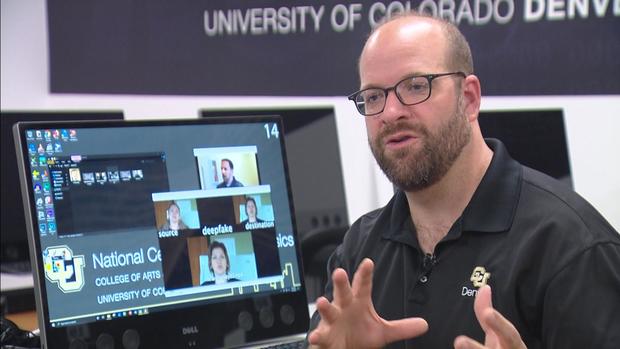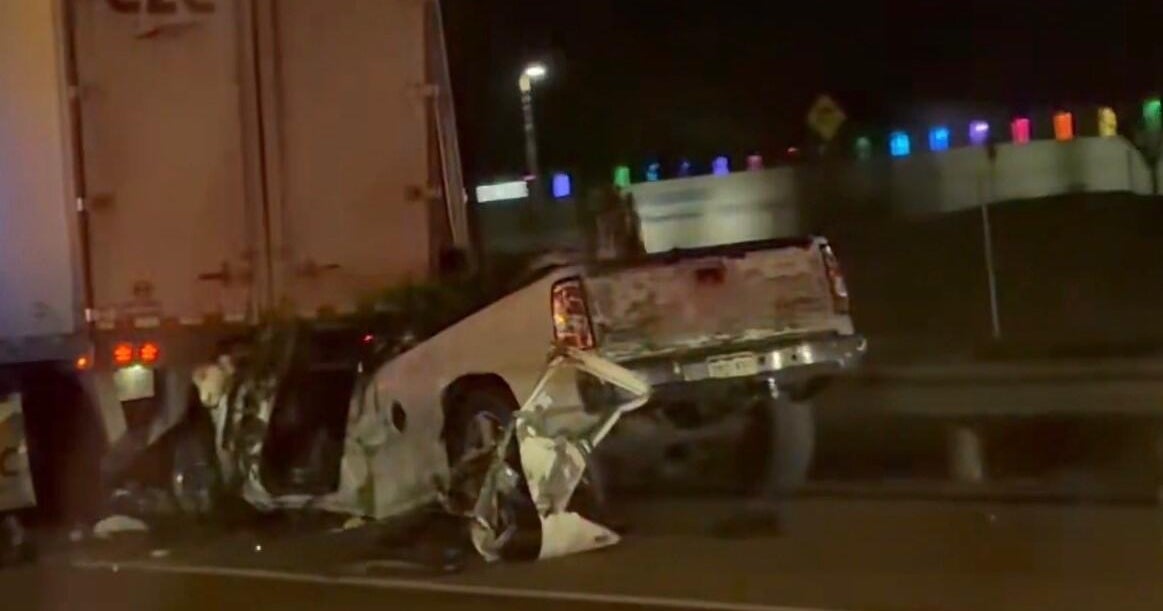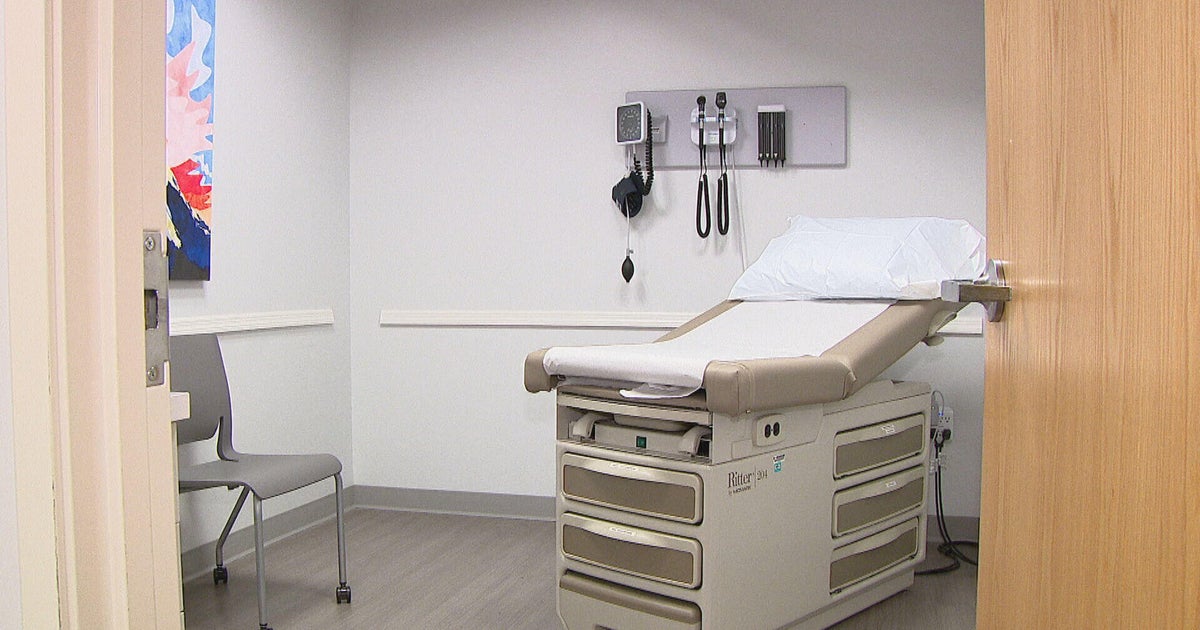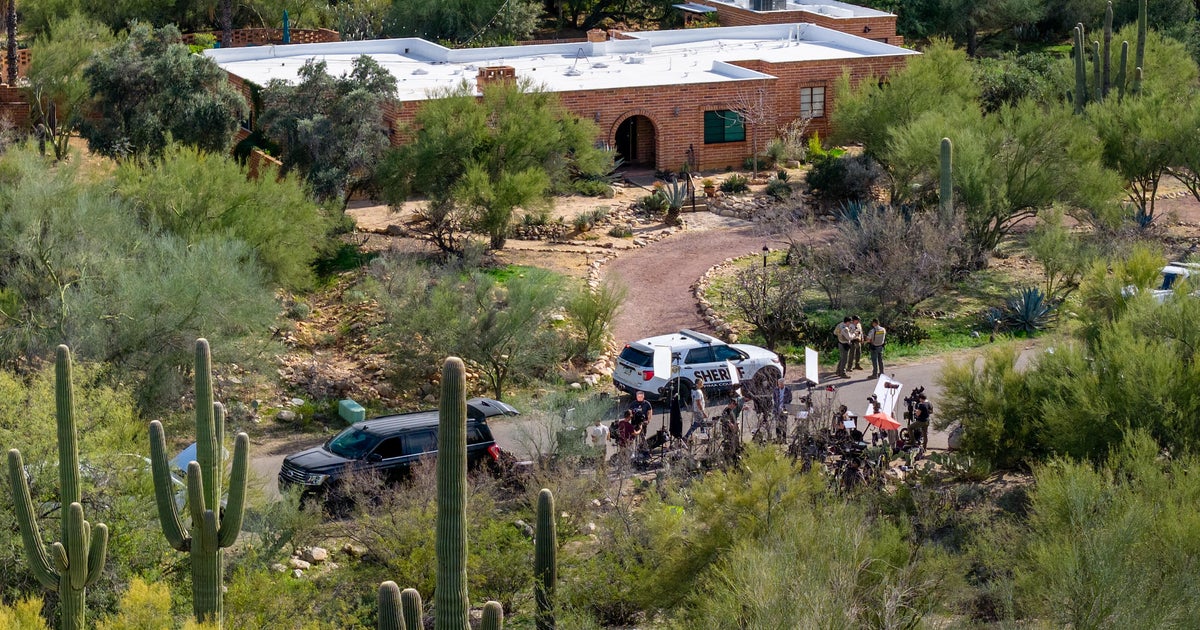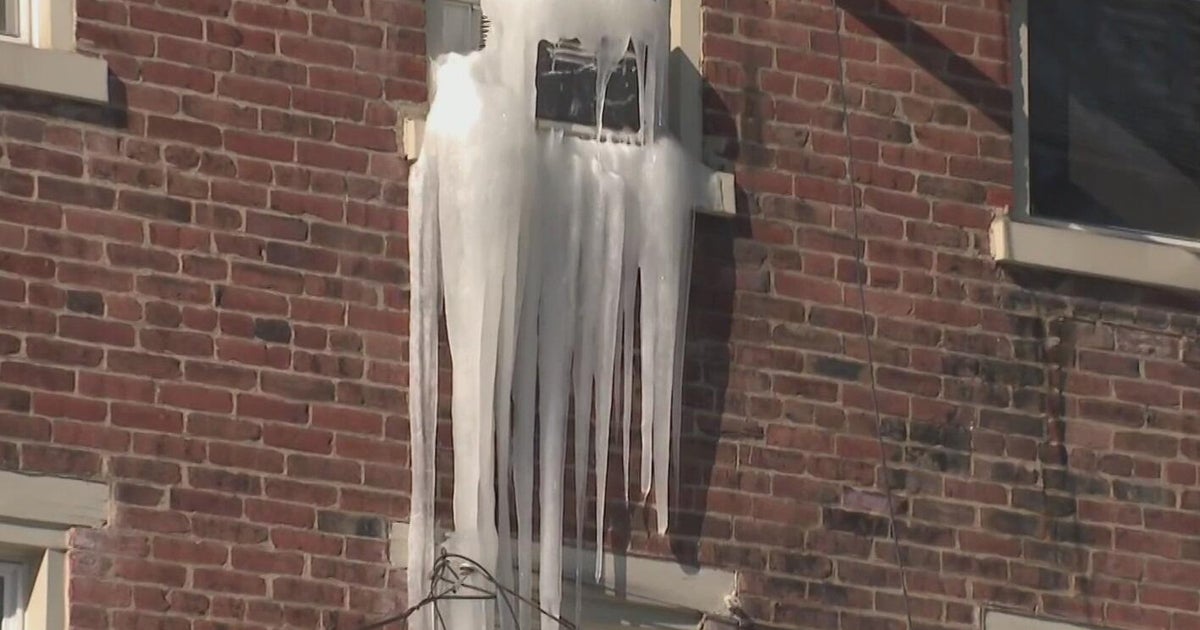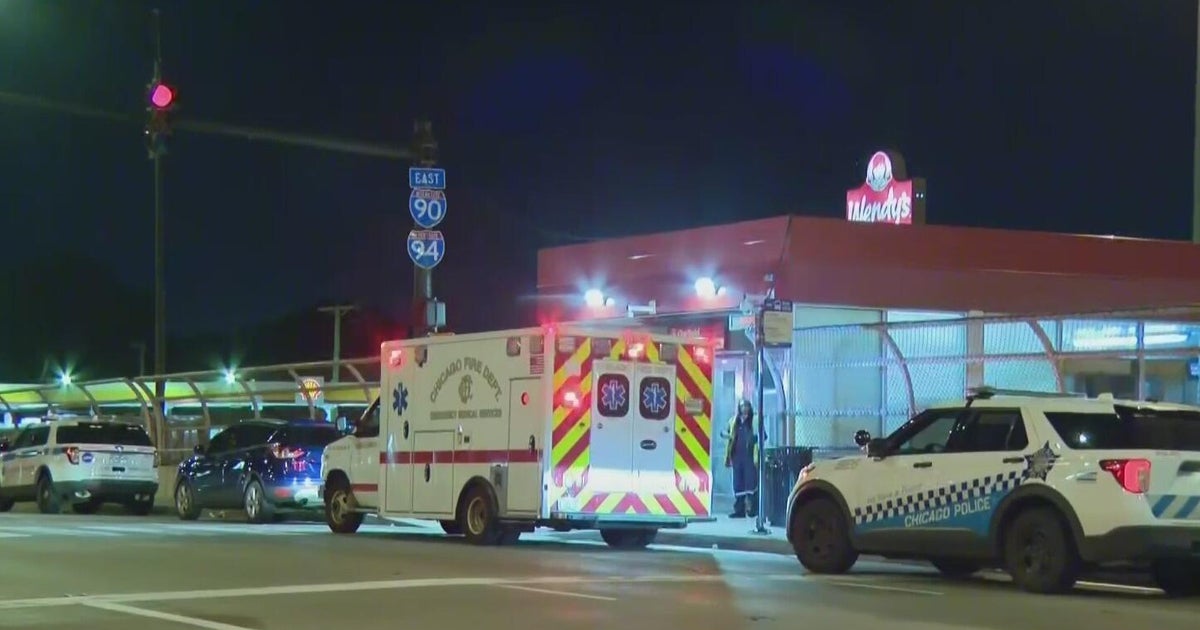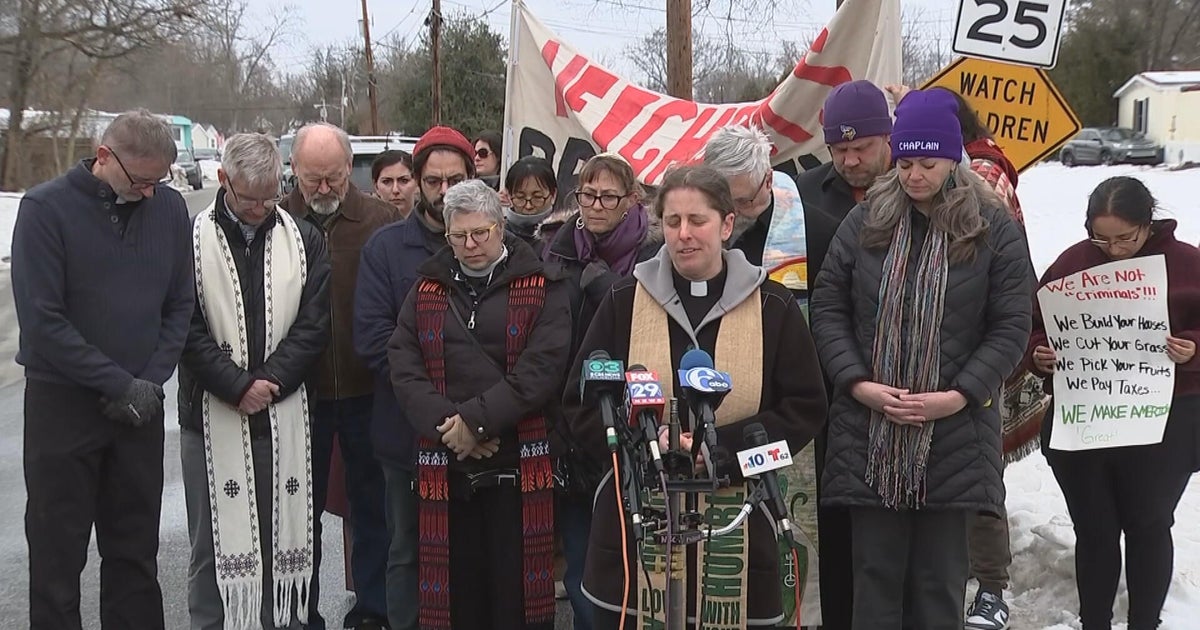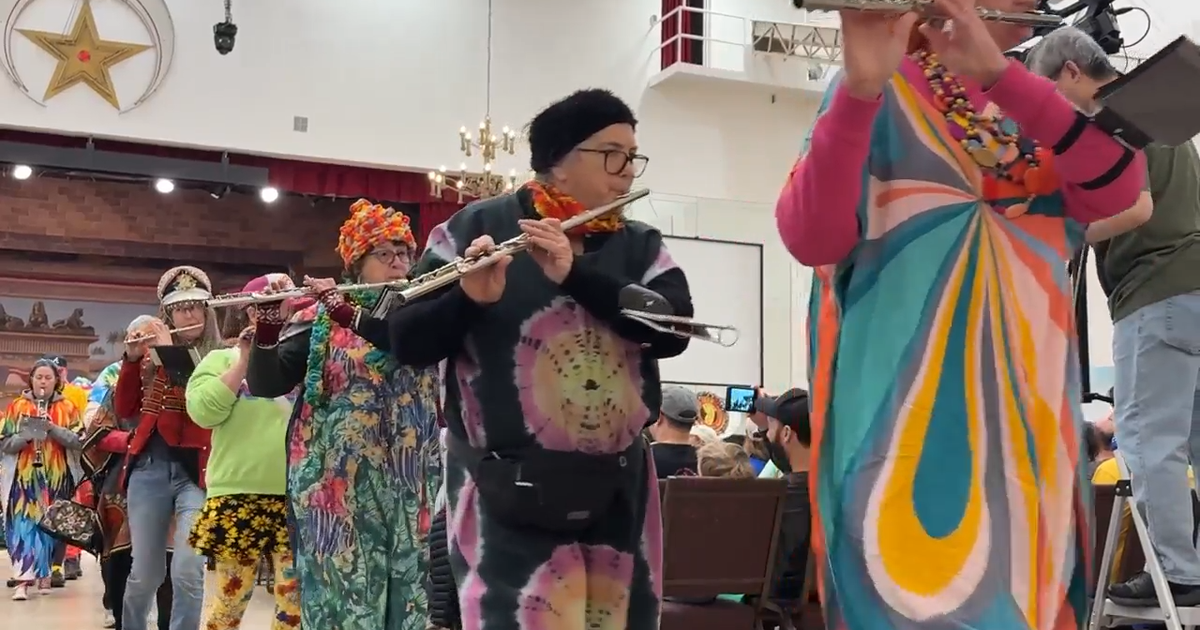CU Denver Helps Pentagon Battle The Threat Posed By Deepfakes
DENVER (CBS4) - The University of Colorado Denver is leading a Pentagon research project into deepfakes, or videos that are manipulated to put words in the mouths of people who didn't say them. It's not just celebrities who've fallen victim to deepfakes. Facebook founder Mark Zuckerberg declared global domination in a deepfake video, President Obama was shown kicking a door he never kicked, and Speaker of the House Nancy Pelosi appeared to be drunk in yet another fake video.
"Given the right tools, skills and material to work with, a savvy person or country or state adversary could make a very good deepfake," says Jeff Smith at CU Denver. The university's media forensics center creates deepfakes for the Pentagon and develops algorithms to help detect them, "When a video is changed from it's original form, the pixels change and the relationship between the pixels change and we can detect that mathematically."
Sen. Cory Gardner, co-founder of the Senate Artificial Intelligence Caucus, says deepfakes are a growing threat to national security and the economy. Colorado's junior senator, a Republican, introduced bipartisan legislation aimed at mitigating the risks. It requires the Department of Homeland Security to track the fake videos and countermeasures to them and make recommendations to Congress.
"There are real risks to deepfakes. ... Imagine being able to fake the chairman of the Federal Reserve Board announcing an interest rate hike; what that could do to our economy even if it's fake. Artificial intelligence presents some real opportunities for this country but with it go risks."
CU Denver is hoping to develop automated techniques that can be used on social media platforms to ferret out the fake videos before they have real consequences.
"It could create protests, riots, incite World War III. By the time forensic scientists get it and debunk that video, those ill effects could have already occurred," says Smith.
